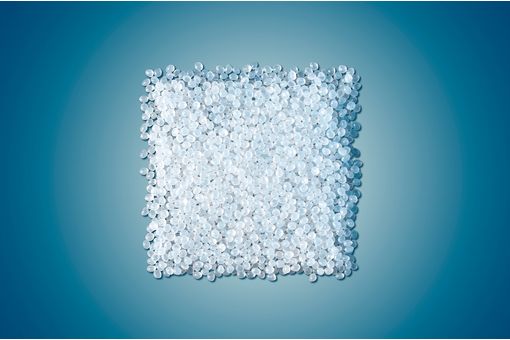North Carolina apparel makers opt sea route to trim costs
A combination of truck and rail was used to carry yarn or fabric to the coast of Florida, from where ships would ferry them to Central Asian or Caribbean countries. Now they have switched over to Port of Wilmington (North Carolina) and are now dispatched directly using the South Atlantic Express (SAE) service from Maersk Line.
In the process, these companies have also been able to prune their supply chain costs as well as reduce their carbon footprint, since the direct ocean route from North Carolina to Central America and the Caribbean is said to be more efficient, faster and environmentally friendly.
The biggest stumbling block was the 4’x4’ pallet used by these companies to ship their goods, which ships carrying the goods from Florida ferried in special domestic type containers. On the other hand, a regular shipping container uses 4’x3’ pallets, which can be accommodated side by side in a container.
The challenge was to convince textile and apparel makers to invest thousands of dollars in manufacturing new 4’x3’ pallets in order to use traditional containers. A North Carolina textile company saw the advantage and decided to invest in the 4’x3’ pallets and convert one of its mills to accommodate the new smaller pallet.
“In our industry, the name of the game is cost competitiveness in the textile/apparel/retail supply chain. The improvements to the Port of Wilmington and Maersk Line’s SAE Central America service have given us a nice boost in our overall competitiveness,” says John Maness, Executive Vice President at Frontier Spinning Mills.
Glenn Carlson – Senior Vice President (Liner Services) at North Carolina State Ports Authority informs, “Traditionally, cotton yarn was exported to Central America and finished textile products were returned. These goods moved overland by truck and rail between North Carolina and Florida and then by sea to Central America”.
He adds, “Maersk Lines added the Port of Wilmington to their SEA service, providing all water service between Wilmington and Central America. This service has maintained a high level of schedule integrity and many textile and apparel exporters have begun using this service”.
Peter Klaus, Vice President (Liner Sales) at NC State Ports Authority reveals, “Maersk Line’s SAE service and Frontier Spinning’s interest in using the advantages of all-water transport, in addition to cooperative efforts among the shipper, the NC State Ports Authority, the Golden Leaf Foundation and a local economic development organization to invest in the new smaller pallet made it possible”.
































-Ltd..jpg?tr=w-120,h-60,c-at_max,cm-pad_resize,bg-ffffff)





.jpg?tr=w-120,h-60,c-at_max,cm-pad_resize,bg-ffffff)
.jpg?tr=w-120,h-60,c-at_max,cm-pad_resize,bg-ffffff)






